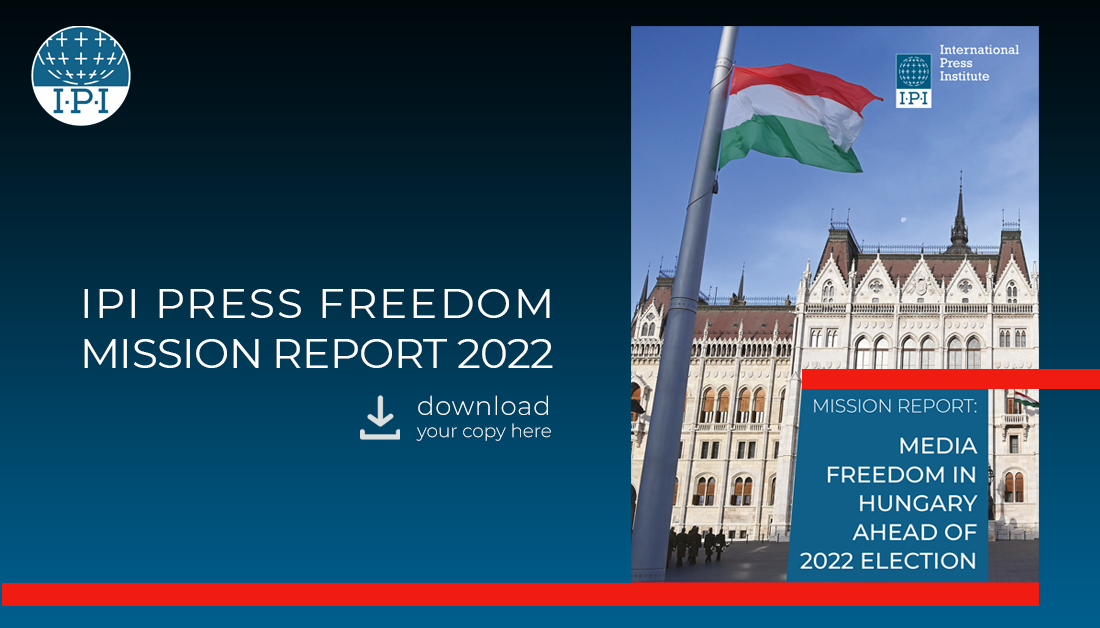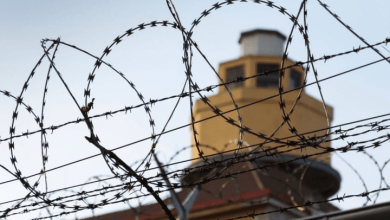An IPI report on the state of the press ahead of the election in Hungary shows how the Fidesz government managed to “capture” the country’s media system

Ahead of the 2022 general election, Prime Minister Viktor Orban’s Fidesz government continued to “systematically erode media pluralism”, “manipulate the market to further entrench a dominant pro-government narrative”, and silence independent media – these are some of the main findings of a new report by the International Press Institute (IPI). The document was released on March 22.
The authors of the report claim that the Hungarian Fidesz party has managed to reach an “unprecedented” level of political control over the country’s media ecosystem in the European Union. “This process has involved the coordinated exploitation of legal, regulatory and economic power to gain control over public media, concentrate private media in the hands of allies, and distort the market to the detriment of independent journalism,” the report says.
Media researchers claim that the “media capture” has been achieved through state-dependent businesses and oligarchs close to the prime minister who have acquired many of the major television, radio, and print media. In many cases, these outlets were bought from foreign owners and multinationals who left the country. “These acquisitions were frequently facilitated by politically driven regulatory decisions and loans from state-controlled banks. Many media brought under Hungarian ownership were either converted into pro-Orbán mouthpieces or closed,” the report also says.
The authors of the document found that pro-government outlets are supported financially by exorbitantly large state advertising budgets and that the media market has been distorted because of this. According to the researchers, pro-government media outlets continue to receive these financial resources, while critical journalists suffer from lack of funds.
According to the research, the Fidesz-appointed media regulator has played a special role in this sense, having used its power “to arbitrarily block and deny broadcast licenses, forcing critical voices such as Klubrádió off the airwaves.”
The authors recommend that measures be taken in Hungary to stop the above-mentioned practices on the media market, to stop abuses with public advertising, and to depoliticize the regulatory bodies. They note that Hungary has so far faced no major repercussions from the EU for its “systematic erosion of media pluralism and freedom.” “This points to an urgent need for additional safeguards within the European Union’s democratic architecture and a strong Media Freedom Act to help protect independent journalism within member states and defend core EU values,” the report concludes.



